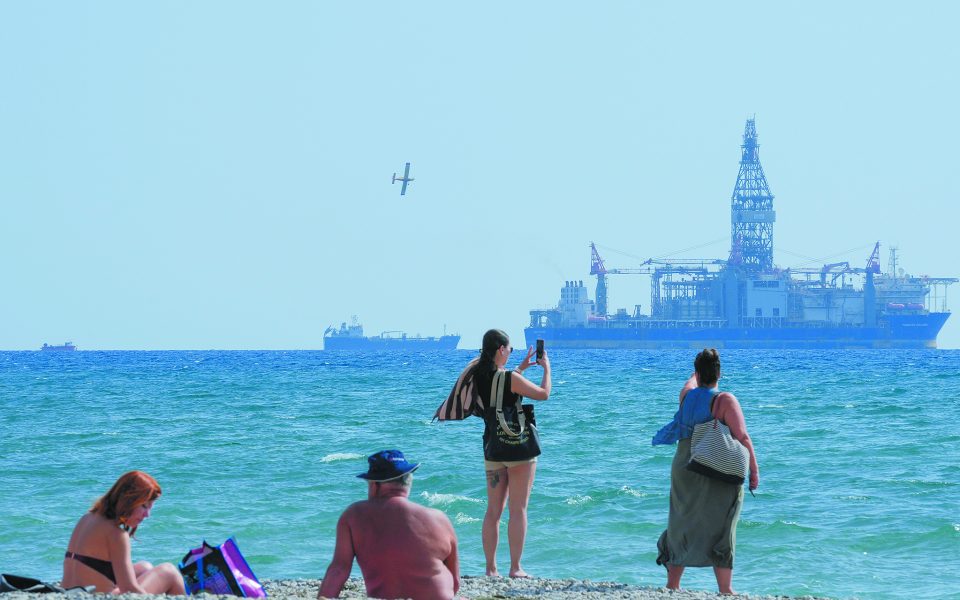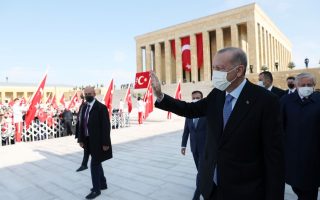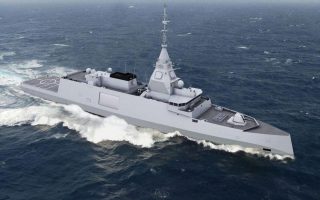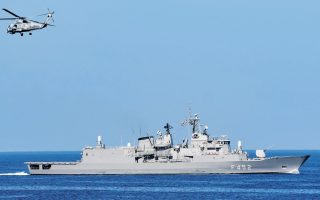Three vicious cycles

Over the past 200 years a number of pundits have slammed the system of the “protector powers” of Great Britain, Russia and France, which, on the grounds of the 1827 Treaty of London, decided to end hostilities in the region, asking Mahmud II, the Ottoman sultan, to acknowledge Greek independence in 1830.
Fast forward to the present: Greece’s decision to purchase defense systems from France and the country’s new defense deal with the United States (both of which were absolutely necessary for national security, notwithstanding the objections from the leftist SYRIZA opposition) have been widely interpreted as cementing Greek security vis-a-vis Turkey. It is a paradoxical reaction, given our allergy to the “protector powers,” and, at the same time, a concession of weakness.
It would be wise to keep in mind that in the event of war with Turkey, it is us Greeks that will have to fight: The clauses of mutual military assistance in the case of a third-party attack are largely symbolic.
More specifically, a military conflict with Turkey would be an aeronautical one – and not trench warfare – with excessive use of fire and of short duration.
Moreover, the creation of American military bases in Greece serves the purpose of containing a Russian military advance to the south. The Greek government proposal to the Americans to use the central Aegean island of Skyros as an air base would render Washington a mediator in the Greek-Turkish dispute over the control of the air space in the wider Aegean area. This explains why the proposal was rejected by the Americans.
In other words, the US and France are precious allies but they are not Greece’s “protector powers” as some politicians and analysts would have us believe. They each have their own strategic objectives and some of these objectives happen to coincide with Greece’s own concerns – or this is what we like to assume.
As far as Turkey is concerned, and regardless of the neo-Ottoman aspirations attributed to it, the country is evidently suffering from an encirclement syndrome (whether the syndrome is justified or not is besides the point). To paraphrase former US secretary of state Henry Kissinger’s assessment of the Soviet Union, Ankara’s pursuit of absolute security is creating absolute insecurity for its neighbors. All of that leads to a vicious cycle.
What is really at stake here, and which also directly touches upon wider Greek interests, is Cyprus. And it would be wrong to blame the crisis on the authoritarian streak or nationalist ideas of Turkish President Recep Tayyip Erdogan.
In his 2001 book “Strategic Depth,” former Turkish prime minister Ahmet Davutoglu, once a close ally of Erdogan’s, said that “a country that ignores Cyprus cannot be active in the world and peripheral politics.” Hence Turkey’s approach is geostrategic, whereas Greece’s is legalistic. This leads to a second vicious cycle.
About 200 years ago, the three big powers of the time, dubbed the “protector powers,” demanded of the sultan that he recognize Greek independence. Today’s big powers, which are not “protectors” but allies, have not made up their minds on Turkey’s status in the new world order. Which leads to the third, and final, vicious cycle.





